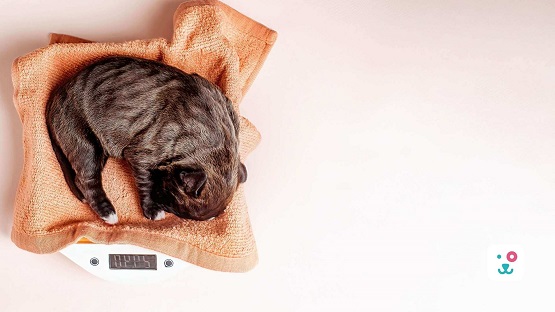During your puppy’s first year of life, it will need several vaccines. Puppies receive vaccines on a schedule set by your veterinarian. As a dog owner, it helps you to understand what vaccines your puppy will need and when they will get them.

Table of Contents
Get their vaccine history
When you adopt your puppy, be sure to get their vaccine history. Whether looking at Golden Retrievers for sale or adopting a mutt from the pound, you will want as much information about their medical history as possible.
You can pass your puppy’s vaccine history along to your veterinarian so they can assess which shots your dog still needs. Knowing your new puppy’s vaccine history will help you decide whether they can safely play with other dogs without catching or spreading illnesses.
Essential puppy vaccines
Several vaccines are medically required for all puppies. One of the core vaccines that puppies should get is DHPP or DAPP. This vaccine series usually requires three rounds of shots and a booster every two years.
This vaccine gives your puppy combined protection against multiple diseases: hepatitis, distemper, parvo, and parainfluenza. These are all highly contagious viruses that can be deadly for dogs. By vaccinating against them early on, your puppy’s immune system will know how to kill these viruses and prevent disease.
Aside from DHPP, your puppy will also get a rabies vaccine. Dogs need rabies vaccines every couple of years to maintain their immunity.
Additional vaccines
Your puppy might need other vaccines depending on medical history and environmental conditions. Your veterinarian may vaccinate your puppy against Lyme disease, canine influenza, bordetella, and leptospirosis.
You may need to get these vaccines for your puppy if you live in an area or travel to places where these diseases commonly spread.
Puppy vaccine schedule
A puppy vaccine schedule is usually fairly straightforward. When your pup is six to eight weeks old, it will likely receive its first DHPP shot and a bordetella vaccine if your veterinarian deems it necessary.
After your puppy’s first vaccinations, your veterinarian will have your puppy come in about every four weeks for booster shots and new vaccines. By the time your dog is one year old, it should have all of its essential vaccines and will only need booster shots once a year.
Risks
Dog vaccines have all been clinically tested and approved for safe use. Vaccines are designed to trigger a dog’s immune system so that the body can learn how to kill viruses, so your puppy may have minor illness symptoms in the 24 hours following a shot.
Some dogs may have allergic reactions to vaccines. If your puppy has a mild allergic reaction, call your veterinarian for advice on how to treat it. However, if your puppy has trouble breathing or other severe symptoms, you should immediately take it to an animal hospital.
Final thoughts
Vaccinations play an integral role in your dog’s overall well-being. Ensuring your puppy gets the necessary vaccines will prepare its immune system for long healthy life.






